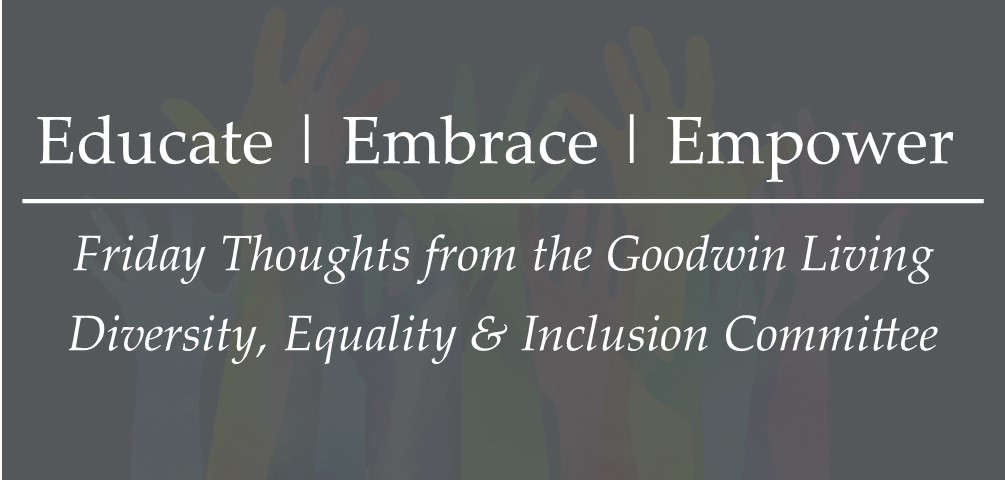
Diversity Equity Inclusion & Belonging - July 21, 2023
by Ayan Sharif
When I was nine years old, my grandmother came to join the rest of my family in the United States. Prior to coming here, she had lived in Saudi Arabia for more than 20 years. I remember she came in December, right before the New Year of 2005. I remember telling her “it is the New Year,” and her replying “it’s not the New Year yet.” Neither of us realized there were two different calendars.
I learned then that I was following the traditional calendar and she was following the Hijri calendar. The Hijri calendar is an Islamic, lunar calendar, based on the sightings of the moon. This calendar has 12 months. It only consists of 354 to 355 days each year, so the dates relative to the Gregorian calendar that the U.S. follows vary by 11 to 12 days every year. The calendar months are Muharram, Safar, Rabbi al-awwal, Rabbi al-thani, Jumada al awwal, Jumada al-thani, Rajab, Shaban, Ramadan, Shawwal, Dhul Qadah and Dhul Hijjah.
The Hijri calendar began because of the migration of the group of Muslims led by the Prophet Muhammed (PBUH) who were seeking refuge and a place for their religion to flourish. The word “Hijri” is derived from the Arabic word “Hijrah,” which means “migration.” The Hijri calendar started after the Prophet Muhammed (PBUH) migrated with his followers from Mecca to Medina in the year 622 CE. Year 1 of the Hijri calendar marks the creation of the first Islamic state in Medina. The city of Medina is considered the second holiest city in Islam after Mecca.
The story of migration is what surrounds the Islamic New Year. The Prophet Muhammed (PBUH) had to leave his home in Mecca to Medina. The people of Medina greeted him with open arms and helped the religion of Islam to grow in a safer place. I often think of the journey my grandma made fleeing Somalia during the beginning of the civil war in 1983 to Saudi Arabia and again to the United States in 2004. I also think of my father’s journey fleeing Somalia at just 23 years old in 1982 to the United States of America. The Islamic New Year is a time of prayer, reflection and appreciation of the migration that started it all.
This year, the Hijri calendar starts on July 19, 2023, also known as Muharram 1, 1445 AH. It is a time to increase acts of worship such as Quran recitation, prayer, giving charity, etc. It is a time of joy and to spend with loved ones and praying for Allah to bless us and bring the best for the coming year.
_______________________________________________________
Goodwin Living DEI Committee: Statement of Purpose: Educate, Embrace, and Empower team members, residents, members* and all served by Goodwin Living to support Diversity, Equality and Inclusion.
Goodwin Living DEI Committee Desired Outcome: The Diversity, Equality, and Inclusion Committee (DEI) will seek open and honest communication and collaboration that will inform and celebrate the age, culture, ethnicity and sexual orientation of team members, residents, members* and all served by Goodwin Living without bias. *Members include Priority Club members and Goodwin Living At Home.
Questions or comments? Please contact us DEI@GoodwinLiving.org.
